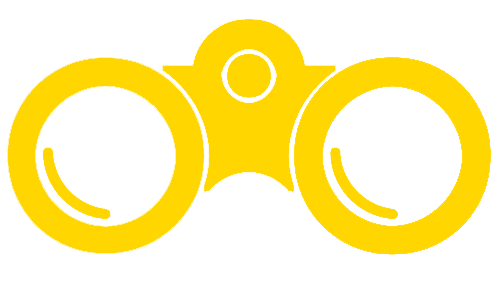
The following list shows the chapter-level topics and assignments for the course. To see all of the course pages, visit the Table of Contents.
Module 1: The Endocrine System
- Introduction to the Endocrine System
- An Overview of the Endocrine System
- Hormones
- The Pituitary Gland and Hypothalamus
- The Thyroid Gland
- The Parathyroid Glands
- The Adrenal Glands
- The Pineal Gland
- Gonadal and Placental Hormones
- The Endocrine Pancreas
- Organs with Secondary Endocrine Functions
- Development and Aging of the Endocrine System
Module 2: The Cardiovascular System: Blood
- Introduction to the Cardiovascular System: Blood
- An Overview of Blood
- Production of the Formed Elements
- Erythrocytes
- Leukocytes and Platelets
- Hemostasis
- Blood Typing
Module 3: The Cardiovascular System: The Heart
- Introduction to the Cardiovascular System: The Heart
- Heart Anatomy
- Cardiac Muscle and Electrical Activity
- Cardiac Cycle
- Cardiac Physiology
- Development of the Heart
Module 4: The Cardiovascular System: Blood Vessels and Circulation
- Introduction to the Cardiovascular System: Blood Vessels and Circulation
- Structure and Function of Blood Vessels
- Blood Flow, Blood Pressure, and Resistance
- Capillary Exchange
- Homeostatic Regulation of the Vascular System
- Circulatory Pathways
- Development of Blood Vessels and Fetal Circulation
Module 5: The Lymphatic and Immune System
- Introduction to the Lymphatic and Immune System
- Anatomy of the Lymphatic and Immune Systems
- Barrier Defenses and the Innate Immune Response
- The Adaptive Immune Response: T lymphocytes and Their Functional Types
- The Adaptive Immune Response: B-lymphocytes and Antibodies
- The Immune Response against Pathogens
- Diseases Associated with Depressed or Overactive Immune Responses
- Transplantation and Cancer Immunology
Module 6: The Respiratory System
- Introduction to the Respiratory System
- Organs and Structures of the Respiratory System
- The Lungs
- The Process of Breathing
- Gas Exchange
- Transport of Gases
- Modifications in Respiratory Functions
- Embryonic Development of the Respiratory System
Module 7: The Digestive System
- Introduction to the Digestive System
- Overview of the Digestive System
- Digestive System Processes and Regulation
- The Mouth, Pharynx, and Esophagus
- The Stomach
- The Small and Large Intestines
- Accessory Organs in Digestion: The Liver, Pancreas, and Gallbladder
- Chemical Digestion and Absorption: A Closer Look
Module 8: Metabolism and Nutrition
- Introduction to Metabolism and Nutrition
- Overview of Metabolic Reactions
- Carbohydrate Metabolism
- Lipid Metabolism
- Protein Metabolism
- Metabolic States of the Body
- Energy and Heat Balance
- Nutrition and Diet
Module 9: The Urinary System
- Introduction to the Urinary System
- Physical Characteristics of Urine
- Gross Anatomy of Urine Transport
- Gross Anatomy of the Kidney
- Microscopic Anatomy of the Kidney
- Physiology of Urine Formation
- Tubular Reabsorption
- Regulation of Renal Blood Flow
- Endocrine Regulation of Kidney Function
- Regulation of Fluid Volume and Composition
- The Urinary System and Homeostasis
Module 10: Fluid, Electrolyte, and Acid-Base Balance
- Introduction to Fluid, Electrolyte, and Acid-Base Balance
- Body Fluids and Fluid Compartments
- Water Balance
- Electrolyte Balance
- Acid-Base Balance
- Disorders of Acid-Base Balance
Module 11: The Reproductive System
- Introduction to the Reproductive System
- Development of the Male and Female Reproductive Systems
- Anatomy and Physiology of the Male Reproductive System
- Anatomy and Physiology of the Female Reproductive System
Module 12: Development and Inheritance
- Introduction to Development and Inheritance
- Fertilization
- Embryonic Development
- Fetal Development
- Maternal Changes During Pregnancy, Labor, and Birth
- Adjustments of the Infant at Birth and Postnatal Stages
- Lactation
- Patterns of Inheritance
Candela Citations
CC licensed content, Shared previously
- Binoculars Icon. Authored by: Musmellow. Provided by: Noun Project. Located at: https://thenounproject.com/search/?q=binoculars&i=1234056. License: CC BY: Attribution